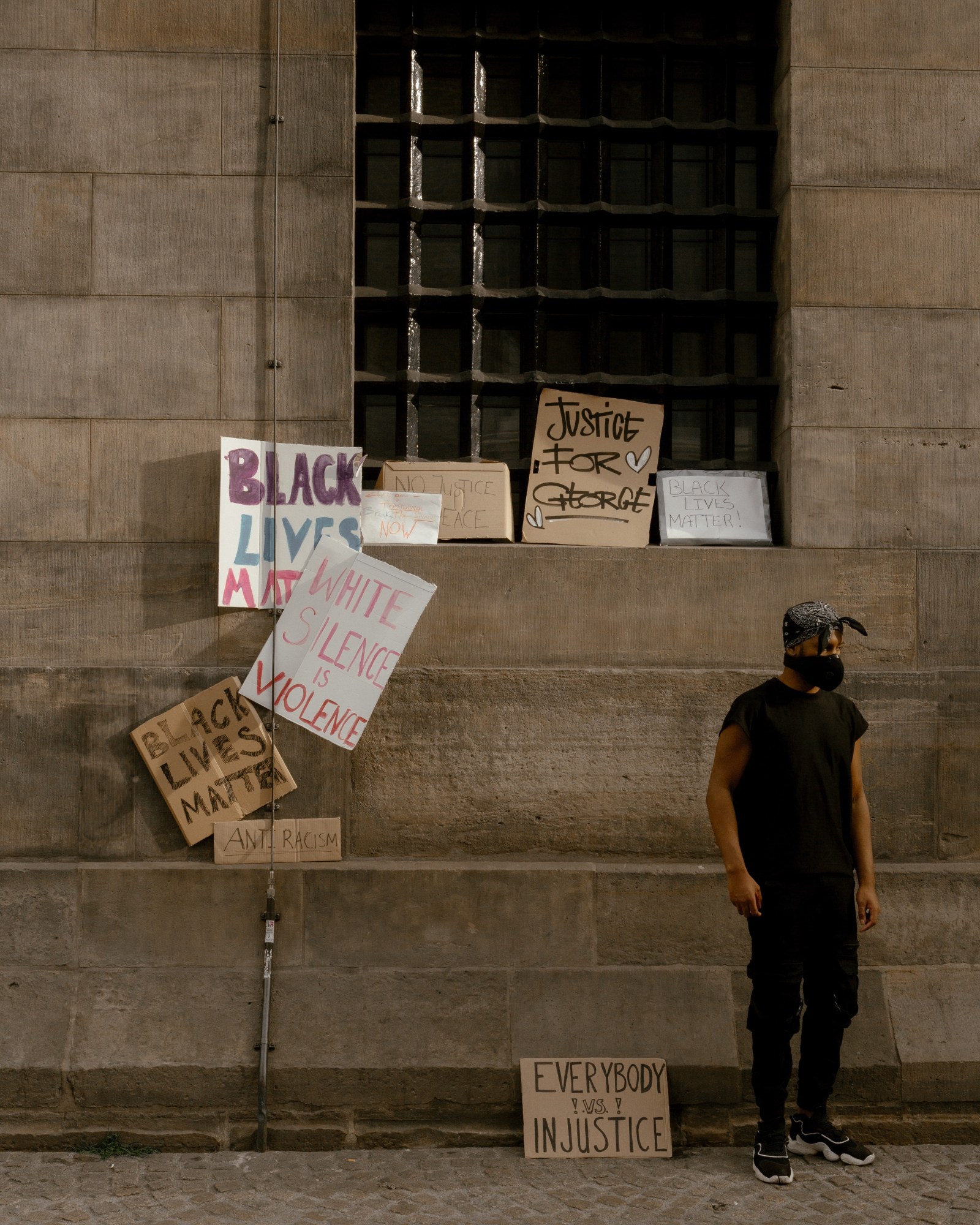In the wake of the deaths of George Floyd, Tony McDade, Breonna Taylor and many other Black people at the hands of the police, protests have spread across the country from New York City to Los Angeles, and worldwide to Amsterdam, London and Paris. Hundreds of thousands have taken to the streets to raise their voices and demonstrate against systemic racism, the countless unjust deaths of Black people in America and police brutality at large — and at the height of a global pandemic that disproportionately affects Black and Latinx people, no less. The police have fought back brutally, with tear gas, rubber bullets and pepper spray. Many demonstrators have been jailed, but protests will continue throughout the week and beyond as Americans demand accountability for the deaths of those slain, and for substantial police reform.
Whether you are out on the frontlines protesting or are putting in diligent effort behind the scenes — signing petitions, writing letters to those in power and donating to organizations on the ground, around the clock activism can be overwhelming. There is much to be done, and it’s inspiring to see our peers posting endless resources on social media or sharing their real life experiences at protests. At this time, however, there is an increased risk of burnout, both mental and physical fatigue, and secondhand trauma — which can come from viewing traumatic content in person or online — especially among advocates. All of the above can result in increased anxiety, depression and feeling like your actions aren’t enough to make a difference. While it’s certainly not the time to remain silent or sit back in the hopes that there are already enough people advocating, it is important to consider mental health along the way — check in on your friends and implement self-care within your activism.
“One of the things that I usually have to work through with my clients is that they’re worthy of taking a break and that if they take a break or take some time to care for themselves that they are not doing the community harm,” says Shawna Murray-Brown — a community healer and therapist for advocates, who found her area of focus working with the Black Lives Matter community in Baltimore — on the Therapy For Black Girls podcast. In order to strategize self-care, she suggests that clients reflect on history and look to folks that they admire, who’ve done meaningful work, and how they took care of their mental health. “It reaffirms why it’s important for them to take care of themselves,” she continues. “If we can’t find any narrative for them around what works, then usually there’s a story that follows about why their movement wasn’t sustainable.”
As Audre Lorde said, “Caring for myself is not self-indulgence, it is self-preservation and that is an act of political warfare.” If you’re having trouble taking time to reset and re-energize, or are simply struggling to process the events of the last few days, here are some free online resources to help everyone ensure we can keep the momentum going, especially over the next few weeks, but for years to come.
BetterHelp is a virtual therapy matching service that offers a free first month of therapy to anyone in the US.
The Boris Lawrence Henson Foundation aims to eradicate the stigma around mental health in the Black community, and they offer free Covid-19 virtual therapy.
BUFU Collective creates a space to collectively grieve lives lost to coronavirus and state violence each Sunday, through their virtual candlelit vigils.
Ethel’s Club is hosting two free, one hour virtual group healing and grieving sessions led by Black therapists and open to Black people around the world. RSVP is required for the sessions on June 9 and June 23.
The Headspace app — free for everyone — has made additional meditations, sleep exercises and guided exercise free to the unemployed, healthcare professionals and educators. Plus, LA’s Department of Mental Health partnered with the app to give their residents free access for the entire year.
Inclusive Therapists is a free matching service that centers marginalized communities and helps clients find culturally responsive, social justice-oriented therapists. While the sessions themselves aren’t free, they do offer reduced-fee teletherapy.
Healhaus and Thérèse Cator will host the free event “Circle of Care for Black Womxn” on June 5 via Zoom, to hold a safe space and utilize the tools of meditation, breath and connection.
Hopper Acupuncture is holding free appointments for the Black community and anti-racist protesters in Los Angeles this week, in addition to community acupuncture and herbal treatments.
Liberate Meditation is a free meditation app for and by bipoc, plus they host a variety of guided community workshops via Zoom.
While The Nap Ministry is unable to host their pop up workshops in lockdown, which are designed to employ Black rest as a form of resistance and reparations, they continue to share tips on finding time to rest and heal throughout the day.
Sista Afya is a Chicago-based mental health organization with a free online support group for Black women.
Solar Flux is offering a free/donation-based virtual breathwork session for Black people looking for emotional release, co-regulation, and embodied healing.
In addition to their services, Therapy For Black Girls shares self-care tips for activists and they discuss the specific mental health needs of activists and those demonstrating on their weekly podcast here (in session 46).
Yoga with Adriene leads a free yoga class each day, as part of her 30 days of yoga initiative that you can stream on YouTube, and this month’s theme is courage.
If you’re looking to support via donation, The Loveland Foundation is raising funds to provide free therapy for communities of color and The Okra Project aims to fight food insecurity in the Black trans community. Also consider donating to any of the organizations above.



